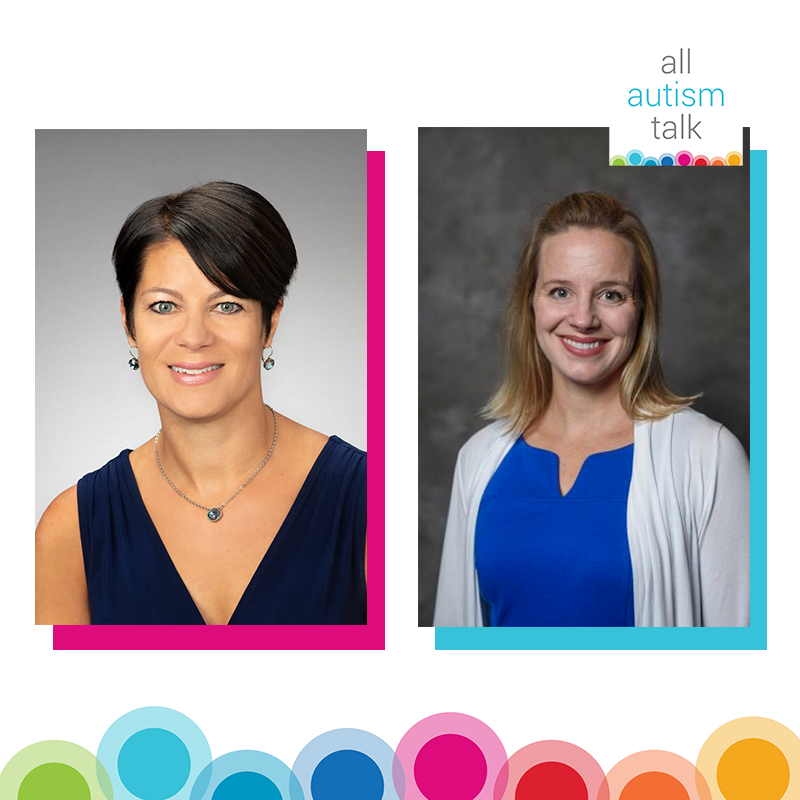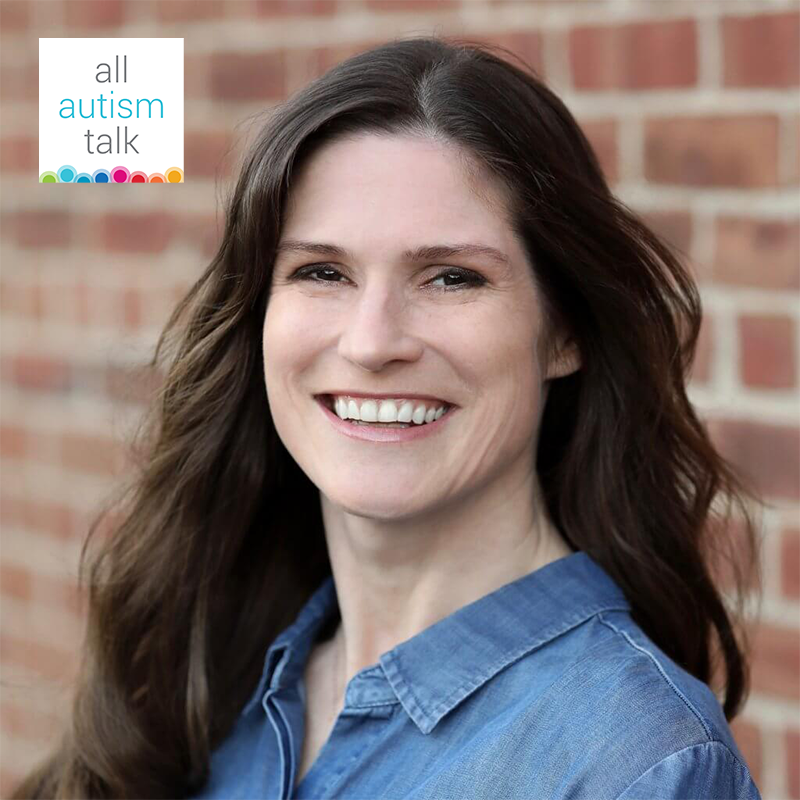BY KATHERINE JOHNSON, M.S., BCBA
SENIOR DIRECTOR OF PARTNERSHIPS
Looking back at 2021, there were significant developments, both in research and thought leadership, in the field of autism and applied behavior analysis (ABA). Here are some studies and papers you don’t want to have missed!
Girls’ Genetics and Autism
2021 gave us another important building block in the ongoing investigation in to how and why autism manifests differently in girls than in boys. A study by Jack et. al. found that there was a much greater difference in brain activity in autistic and non-autistic girls, than was previously found between autistic and non-autistic boys when viewing biological motion. In the second half of the investigation, they looked at the girls’ DNA. What they found (greater differences in brain activity and more gene mutations among the girls) bolsters the “Female Protective Effect” theory, which holds that girls require more genetic predisposition to autism in order to show autistic traits. Inquiries into how autism manifests differently depending on sex is integral to being able to more accurately identify and support girls on the spectrum.
Allison Jack, Catherine A W Sullivan, Elizabeth Aylward, Susan Y Bookheimer, Mirella Dapretto, Nadine Gaab, John D Van Horn, Jeffrey Eilbott, Zachary Jacokes, Carinna M Torgerson, Raphael A Bernier, Daniel H Geschwind, James C McPartland, Charles A Nelson, Sara J Webb, Kevin A Pelphrey, Abha R Gupta, the GENDAAR Consortium, A neurogenetic analysis of female autism, Brain, Volume 144, Issue 6, June 2021, Pages 1911–1926, https://doi.org/10.1093/brain/awab064
How Can Behavior Analysis Help Prison Reform?
Many behavior analysts have heeded the call to focus on their own cultural competence and anti-racism work; this paper outlines ways they can put those skills to good use. Crowe and Drew review the history and current state of a social injustice faced by many people with disabilities: segregation via incarceration. The authors posit that behavior analysts can help to interrupt the “school-to-prison pipeline” and outline their theory. Although the authors call for a grand restructuring of the prison system (including abolition of the current system), they also offer thoughts on how behavior analysis could improve current institutions.
Crowe, B., & Drew, C. (2021). Orange in the new asylum: Incarceration of individuals with disabilities. Behavior Analysis in Practice, 14(2), 387-395. https://doi.org/10.1007/s40617-020-00533-9
Bridge Over Troubled Water…
If you have been following the conversation about ABA and neurodiversity, you’ll want to read this paper. A group of Autistic and Non-Autistic authors challenge the belief that ABA is inherently harmful for Autistic people and proposes the perspective that behavioral interventions can be “compatible with the neurodiversity paradigm.” After a history of autism and behavioral interventions, the authors delve into a thorough discussion of how Naturalistic Developmental Behavior Interventions may bridge the gap between opposing viewpoints about the use of behavioral interventions with people on the spectrum.
Schuck RK, Tagavi DM, Baiden KMP, Dwyer P, Williams ZJ, Osuna A, Ferguson EF, Jimenez Muñoz M, Poyser SK, Johnson JF, Vernon TW. Neurodiversity and Autism Intervention: Reconciling Perspectives Through a Naturalistic Developmental Behavioral Intervention Framework. J Autism Dev Disord. 2021 Oct 13. doi: 10.1007/s10803-021-05316-x. Epub ahead of print. PMID: 34643863.
The Function of…. Happiness?
And the Functional Analysis (FA) gets another twist! Thomas et. al. assessed whether or not paying attention to indices of happiness would assist in finding effective interventions to decrease challenging behavior. They found that when interventions were derived from what they learned about the children’s happiness, they were as effective as interventions based solely on the function of the challenging behavior, and they were associated with more behavior associated with happiness. In the search for effective treatments that are maximally acceptable to consumers, this is a useful addition to the FA!
Thomas BR, Charlop MH, Lim N, Gumaer C. Measuring Happiness Behavior in Functional Analyses of Challenging Behavior for Children with Autism Spectrum Disorder. Behav Modif. 2021 May;45(3):502-530. doi: 10.1177/0145445519878673. Epub 2019 Sep 30. PMID: 31565953.
Assent in Research
With the addition of “assent” to the BACB Code of Ethics, behavior analysts have begun the search for research, resources, and materials on the topic. After a discussion of the federal statute and how it may or may not apply to autistic subjects, the authors discuss assent in the context of the behavior analytic values of self-determination and choice. They then examine how frequently assent has been obtained in the behavior analytic research (spoiler alert: not frequently), note the methods that have been used, and propose a procedure for obtaining assent from nonverbal potential research participants. This may be the only JABA article on assent in 2021, but it’s a fair bet that it will inspire many more in 2022.
Morris C, Detrick JJ, Peterson SM. Participant assent in behavior analytic research: Considerations for participants with autism and developmental disabilities. J Appl Behav Anal. 2021 Sep;54(4):1300-1316. doi: 10.1002/jaba.859. Epub 2021 Jun 18. PMID: 34144631.










